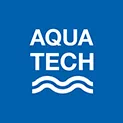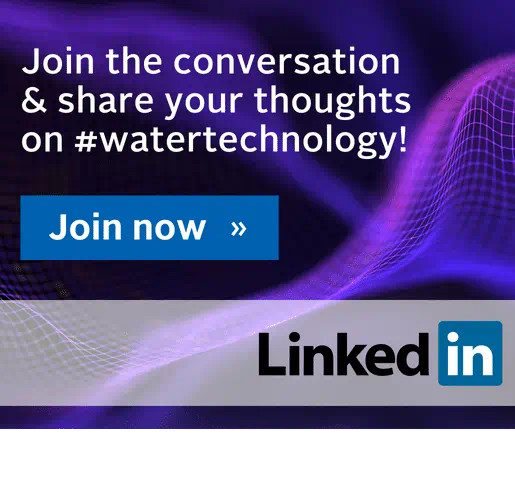Google's philanthropic arm is supporting the development of a new tool by the International Water Management Institute (IWMI) to accelerate water recycling across the Middle East and North Africa (MENA) region.
Google’s $1m grant
Named e-ReWater, the platform development will receive a $1 million grant from Google.org and leverage artificial intelligence and satellite data combined with remote sensing technologies to help monitor land, seas and the atmosphere.
One of the ambitions is to estimate the availability of new water resources, contributing to improved wastewater reuse and mitigating the impact of water scarcity in MENA.
IWMI researchers, with Google's support, will develop an online dashboard offering comprehensive information on wastewater generation and recycling potential in Egypt, Saudi Arabia, and the UAE.
Designed for utility managers, policymakers and the public, this dashboard aims to enhance climate resilience and mitigation efforts by providing accessible information on water reuse.
"Water scarcity is one of the most critical environmental issues facing people living in the Middle East and North Africa. By supporting IWMI’s efforts to use AI to improve water reuse, we’re aiming to help people in Egypt, the UAE and Saudi Arabia,” said Adam Elman who heads up regional sustainability at Google, EMEA.
Data tool
The three-year project not only provides an opportunity to improve wastewater information but also aims to strengthen national research institution staff capacity, identify wastewater reuse potential, and reduce reliance on groundwater—a crucial water source in the region.
Rachael McDonnell, deputy director general of IWMI, emphasised the importance of using all possible water sources. She said the new tool could help "water managers bring recycled water into their future management plans".
Recycled water, a reliable source unaffected by weather variations, can support agriculture, the sector consuming the most water in the region. Moreover, it often comes with lower investment costs and energy use compared to desalination.
MENA is confronting severe water scarcity, exacerbated by population growth and climate change. The e-ReWater project addresses this challenge by focusing on wastewater reuse, a more sustainable alternative to desalination or groundwater abstraction. Despite the benefits of recycled water, the region currently loses at least 54 per cent of nutrient-rich wastewater, according to a recent study.






